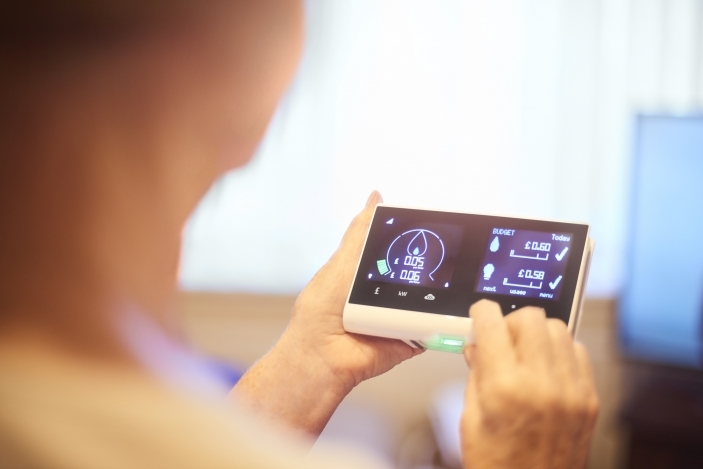Smart meter installations dropped in Q1 of 2020, as the impact of COVID-19 began to be felt in the UK in March.
Between January and March 0.98 million smart meters were installed by large energy suppliers, 15% less than in Q4 2019, according to figures released by the Department for Business, Energy and Industrial Strategy (BEIS).
As such, it has broken the department’s previous run of 12 consecutive quarters with more than a million installations.
During the first two months of the year, installation levels were actually higher than in the previous quarter, but from the start of the UK’s delay phase – a period designed to slow the pandemic that started on 12 March – installations began to drop off.
On 23 March the government implemented lockdown measures, which meant smart meter installations were paused as all non-essential field-based activity was suspended.
Large suppliers furloughed smart meter installers, until such a time as they can safely enter homes again.
During Q1, there were also 22,000 smart and advanced meters installed in smaller non-domestic sites. This represents a 31% drop from the previous quarter, largely due to a fall in advanced meter installations.
The total number of advanced and smart meters installed in the UK was 1.3 million by the end of March, while the total number of smart and advanced meters for both domestic and non-domestic has risen to 21.5 million.
The rollout of smart meters has seen its ups and its downs, in 2019 installations actually fell year-on-year from 2018 despite installs in Q4 2019 surging by 8.2% compared to Q3 2019 and a 4.5% increase compared to Q4 2018.
There has been a number of significant milestones recently however, with the Data Communications Company (DCC) confirming the installation of the four millionth second-generation smart meter (SMETS2) in February.
This suggested the rollout was beginning to pick up speed, as the three millionth meter was installed in December. According to the DCC, there is a 13-fold increase in speed in comparison to 2019.






